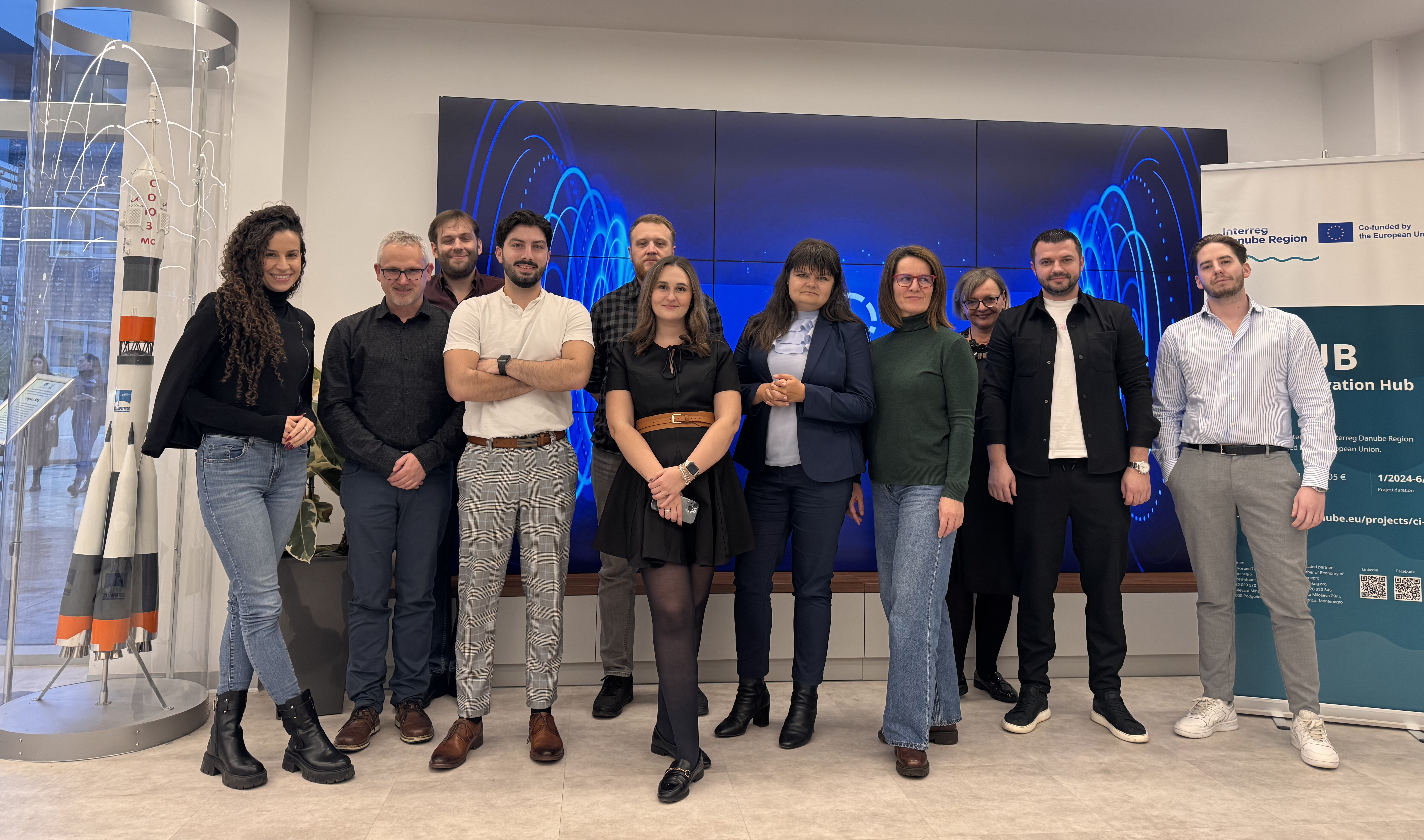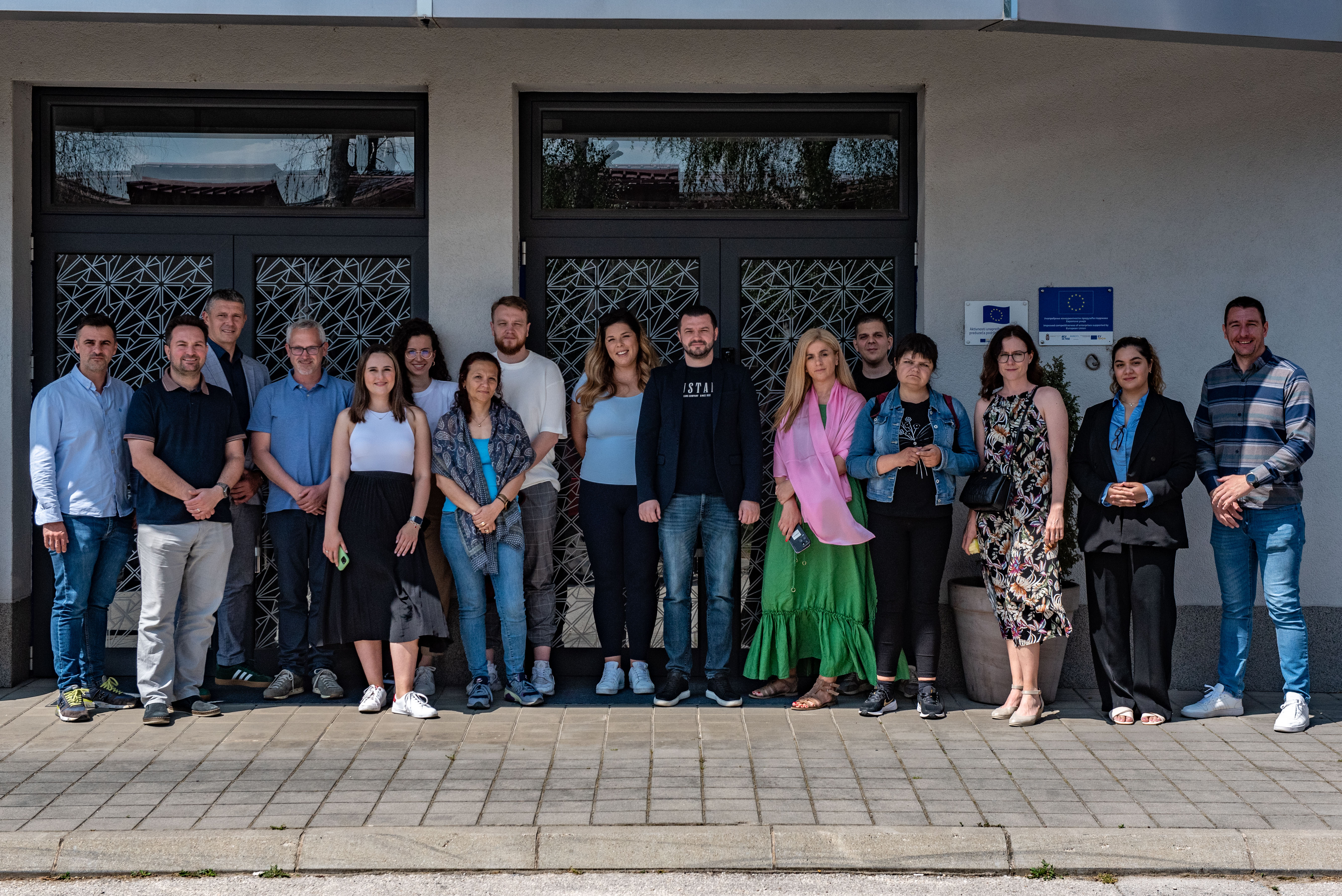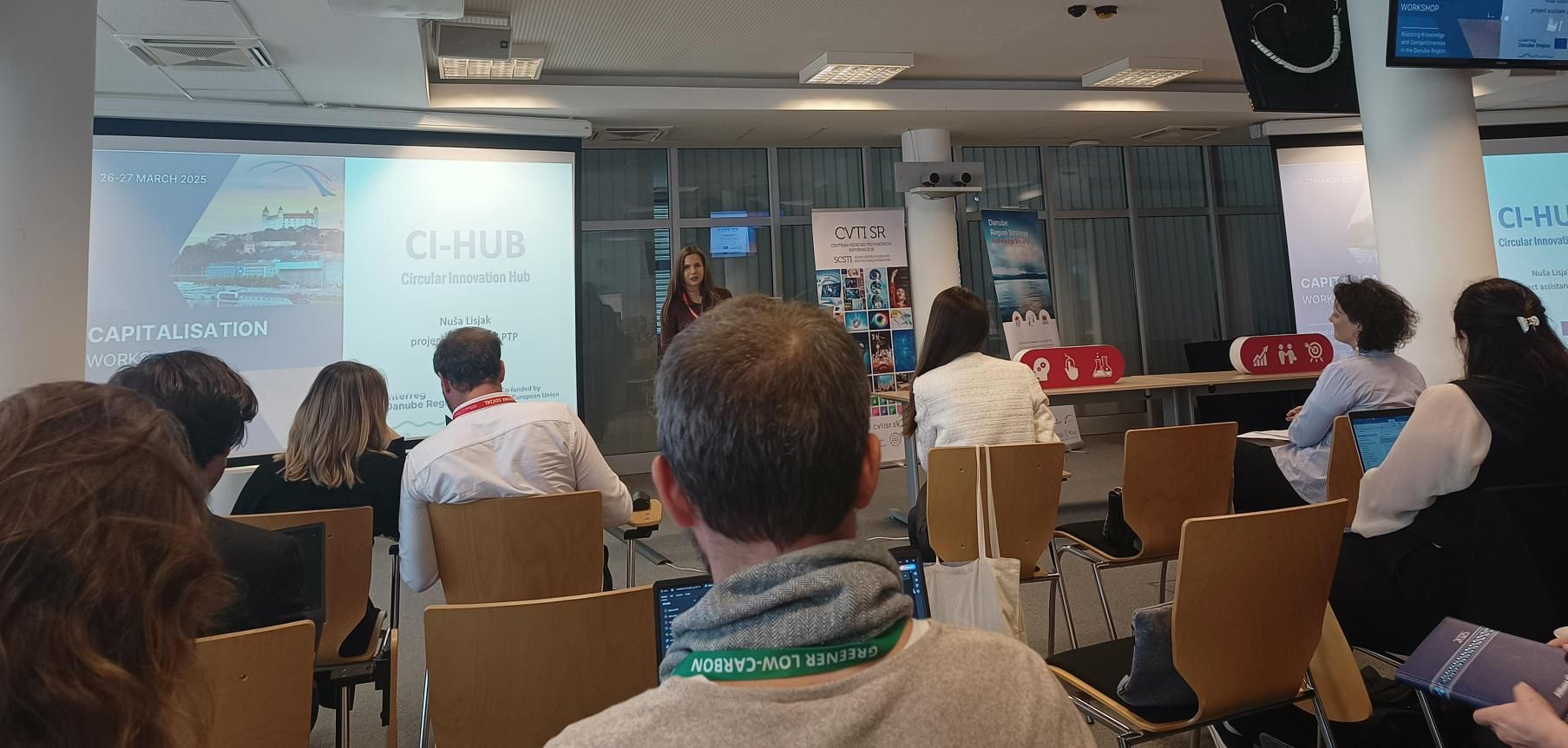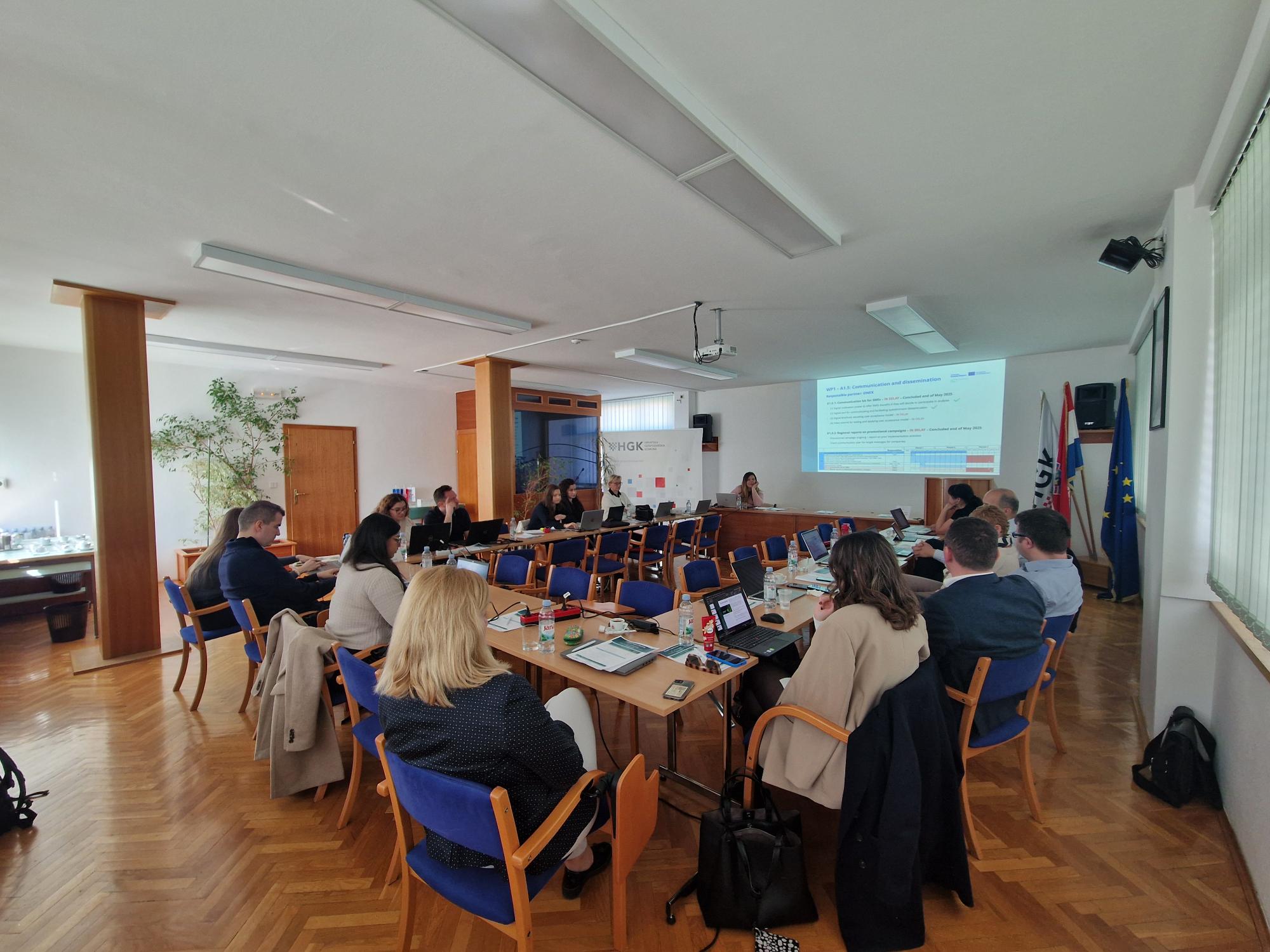CI-Hub Initiative Charts Path to Sustainable and Digital Transformation for SMEs in the Danube Region
Small and medium-sized enterprises (SMEs) in the Danube region are at the forefront of a green and digital revolution, thanks to the Circular Innovation Hub (CI-Hub) project. By addressing systemic barriers and leveraging opportunities, the CI-Hub initiative aims to transform the region’s manufacturing landscape through its innovative User Acceptance Model (UAM) and strategic Deployment Action Plan.
Understanding Challenges and Opportunities
A comprehensive study conducted under CI-Hub highlights the readiness and challenges SMEs face in adopting sustainable and digital technologies. The analysis, based on data from 379 SMEs across 13 countries, reveals several key barriers:
Financial Constraints: High initial costs and long return-on-investment periods deter action, particularly in sectors like metals and machinery.
Technical Knowledge Gaps: 19% of SMEs cite insufficient expertise as a critical hurdle.
Operational Disruptions: Concerns over workflow changes with the adoption of advanced technologies like IoT and AI persist.
However, the study also identifies strong motivators for transformation:
Cost Savings and Competitiveness: 22% of SMEs recognize cost-reduction benefits, and 19% see competitive advantages in adopting green solutions.
Regulatory Incentives: SMEs in countries with supportive policy environments, such as Austria and Germany, demonstrate higher readiness.
A Targeted Approach for Transformation
The UAM lies at the heart of CI-Hub’s strategy. Covering seven critical sectors—including electronics, food and beverages, pharmaceuticals, and plastics—the UAM offers a customized framework to support SMEs. The model focuses on increasing awareness, addressing technical and financial barriers, and providing actionable solutions tailored to the unique needs of businesses in the region.
Pilot testing of the UAM will be conducted with 78 SMEs by March 2025, ensuring its adaptability and effectiveness. The deployment plan follows a 5-step approach, including preparation, engagement, implementation, collaboration, and finalization. Feedback from these trials will refine the UAM to better serve SMEs across the region.
Promoting Sustainability and Innovation
The CI-Hub project emphasizes capacity-building, collaborative ecosystems, and financial support to accelerate technology adoption. Tailored training programs will address digital literacy gaps, while case studies and modular solutions aim to ease concerns about complexity and operational disruptions. Additionally, governments are encouraged to align policies with SME needs, including incentives for sustainability certifications and resource-sharing initiatives.
Regional and Global Impact
With SMEs accounting for 99% of businesses in the EU, their transformation is crucial for achieving sustainability goals. The CI-Hub initiative aims to create scalable solutions that inspire similar efforts globally. By improving competitiveness and operational efficiency, reducing environmental impact, and fostering innovation, the Danube region can emerge as a leader in the circular economy.
The project’s timeline includes a transnational workshop in Varaždin, Croatia, from March 18–20, 2025, where stakeholders will analyze findings and chart the path forward. The final version of the UAM, expected by March 2025, will serve as a key tool for enabling SMEs to thrive in a competitive, sustainable economy.
Looking Ahead
The journey toward a sustainable future requires collective effort. Policymakers, industry leaders, and SMEs must work together to overcome challenges and seize opportunities. With its groundbreaking framework and strategic vision, CI-Hub is demonstrating that sustainability and innovation are not only compatible but essential for economic resilience in the 21st century.
News & Events
Read the most recent updates and explore the upcoming events.









